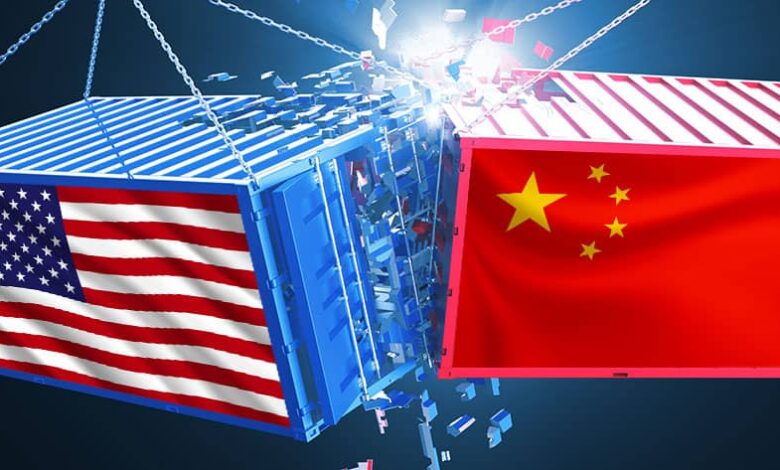
Against the backdrop of rising tensions over the ongoing trade war between China and the United States, Beijing shifted its approach, shifting its messaging to target the American people rather than the Trump administration in isolation. This shift contradicts the prevailing narrative that has been going around among Americans that tariffs by President Donald Trump have little effect on foreign economies with no domestic consequence.
Chinese Foreign Ministry spokesperson Mao Ning recently uploaded to X a video of a man, a reported U.S. importer, talking to the people of America—Trump supporters—in particular. He warns in the video that not foreign nations but ordinary people will be hurt under Trump’s incendiary trade policies that are expected to make imported goods cost more and trickle down to consumers.
“Foreign countries pay the tariffs? No—American companies pay, and they pass the costs on to you. Tariffs don’t bring manufacturing back. They’re just a tax on Americans,” Mao captioned the post.
This communication comes as economic tensions escalate between the two largest economies after Trump introduced steep tariffs on Chinese goods, labeling them “reciprocal tariffs.” Recently, Trump raised tariffs on certain Chinese imports to 145 percent, prompting Beijing to retaliate with a 125 percent increase on U.S. imports.
Experts warn that these repeated tit-for-tat tariff increases can make trade between China and America increasingly unsustainable, with more than $650 billion of trade in 2024 at risk.
Trump reiterated his stance on Air Force One, adding, “We pretty much can do what we want to do, but we want to be fair. We can set the tariff, and they can choose not to deal with us or they can choose to pay it.” He is adamant that tariffs are paid by foreign exporters when, in fact, evidence proves that the price is passed along by the importers to consumers.
While Trump sounded hopeful about keeping tariffs on China, he also dropped hints about the possibility of a deal with Beijing, praising President Xi Jinping amid trade troubles. But there is no indication that both sides are willing to concede.
The president made it very clear: When the United States gets punched, he will punch back harder, White House Press Secretary Karoline Leavitt said.
A recent ruling by the Trump administration issued exemptions from reciprocal tariffs that have risen sharply in some electronics including smartphones and laptops to benefit high-tech giants like Apple. America’s Customs and Border Protection department published a free tariff code list free of importing fees, as of April 5, under 20 products that include laptops and computers up to semiconductor units.
This exemption is a significant respite for tech firms relying on imports, easing costs on Indian-made iPhones and Taiwanese-made semiconductors while continuing to pressure Chinese imports.



